Kazakh capital set to host fresh round of Syria peace talks
Kazakhstan is set to host a fresh round of talks between the Syrian government and the opposition aimed at ending the years-long foreign-backed militancy in the Arab country.
Kazakhstan's Foreign Minister Mukhtar Tleuberdi announced on Thursday that the next meeting on Syria will be held in the capital Nur-Sultan in mid-December, the official Syrian news agency SANA reported.
The top Kazakh diplomat said that the meeting would bring together the guarantors of the Astana process namely Iran, Russia and Turkey.
"The guarantor countries have asked us to organize the next round of the Astana process. Its dates are still under consideration, it will be around mid-December," the foreign minister said.
"We are currently trying to determine (the level of the talks), deputy foreign ministers usually represent the guarantor countries," he added.
This would be the 17th round of talks between the Syrian government and the foreign-backed opposition in Kazakhstan.
The 16th international high-level meeting on Syria, which took place in the Kazakh capital in July, involved delegations of the guarantor countries, the Syrian government and the armed opposition.
The talks are moderated by Russia and Iran - as allies of the Syrian government - and Turkey, which sides with the opposition.
The trio, in the earlier round of talks, agreed on the establishment of a mechanism to support the truce, underlined the importance of maintaining the national sovereignty of Syria, and stressed that there was no military solution to the conflict in the Arab country.
The Astana negotiations, which were also attended by the UN special envoy on Syria, had focused mostly on bolstering a Syria-wide ceasefire that has been in place since December 30, 2016.
At Damascus' request, Iran has been providing military advisory support to the Syrian military in its counterterrorism operations. Russia has been carrying out an aerial campaign in Syria, similarly in coordination with Damascus, since September 2015 to further boost the military’s anti-terror performance.
Russia and the West are deeply divided over the Syrian crisis since its outbreak in March 2011.
While Russia has been supporting Damascus in its fight against militants, the Western states want to see Syrian President Bashar al-Assad removed from power.
The United States, along with its Western and regional allies, has been among the staunch supporter of militant groups operating against the Syrian government.
The US military has stationed forces and equipment in eastern and northeastern Syria, with the Pentagon claiming that the deployment is aimed at preventing the oilfields in the area from falling into the hands of Daesh terrorists.
Damascus, however, says the unlawful deployment is meant to plunder the country’s resources.
Former US president Donald Trump admitted on several occasions that American forces were in Syria for its oil.
The Tel Aviv regime also mostly keeps quiet about its attacks on Syrian territories which many view as a knee-jerk reaction to the Syrian government’s increasing success in confronting terrorism.
Hamas condemns Israeli evacuation order of Indonesian Hospital
VIDEO | Yemen resistance remains resolute
'Easy target': Yemen warns 4th US carrier within reach
Iran military awarded $40 mln worth of vessel building contracts
‘These kids need to be killed’: Shocking details of Israeli brutalities in Gaza
Yemen faces ‘highest burden’ of cholera globally: WHO
Settlement expansion proves Israel cannot be trusted for any peace deal: Hamas
VIDEO | Press TV's news headlines


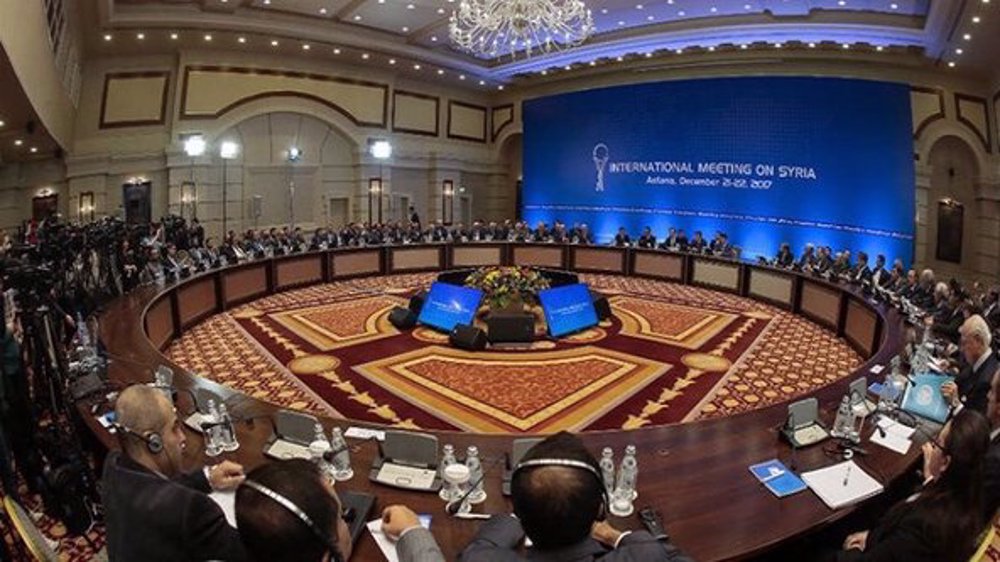
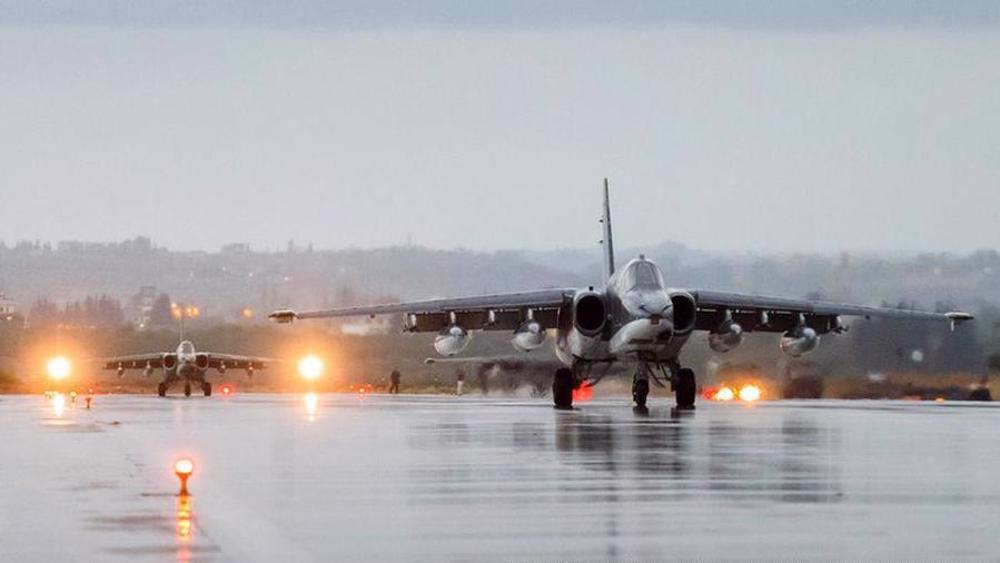
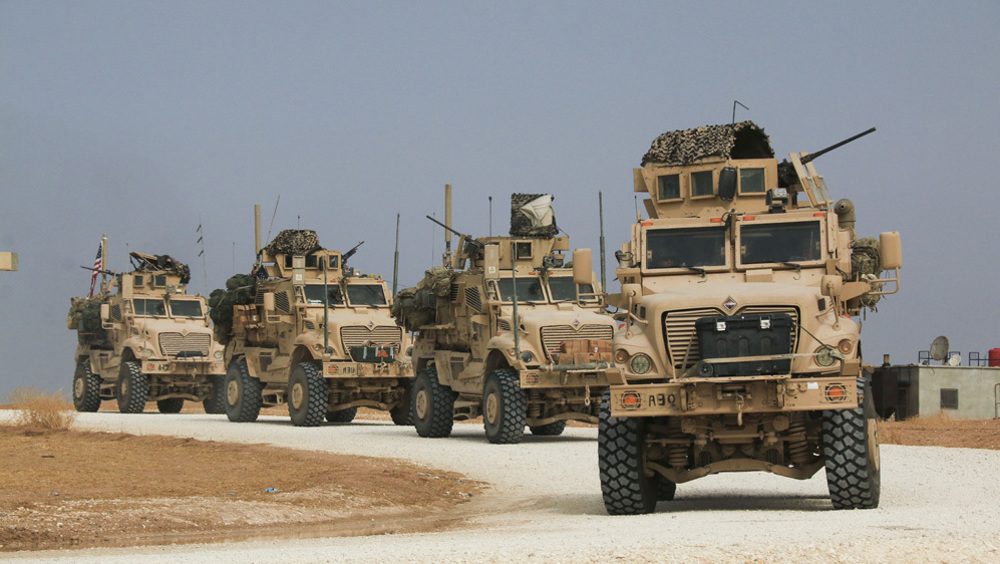
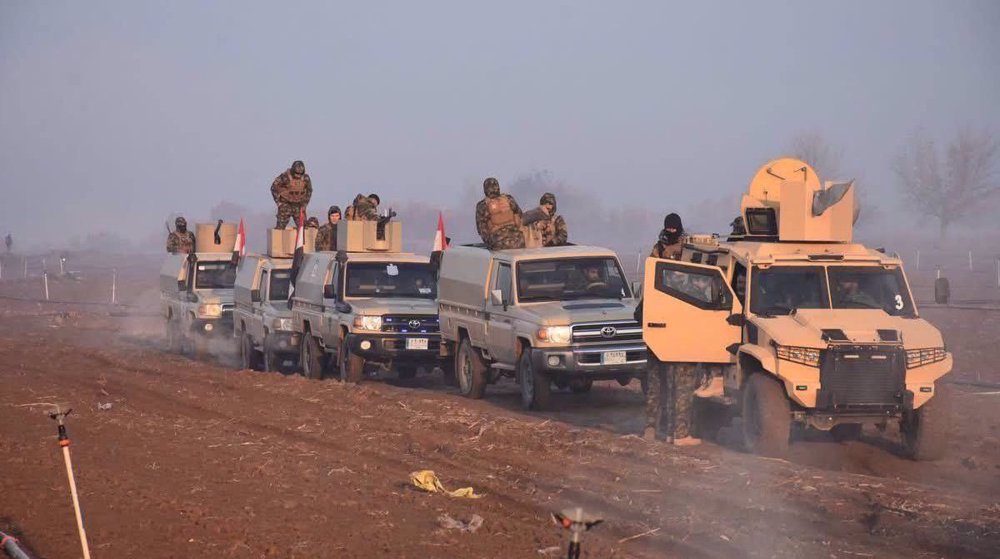
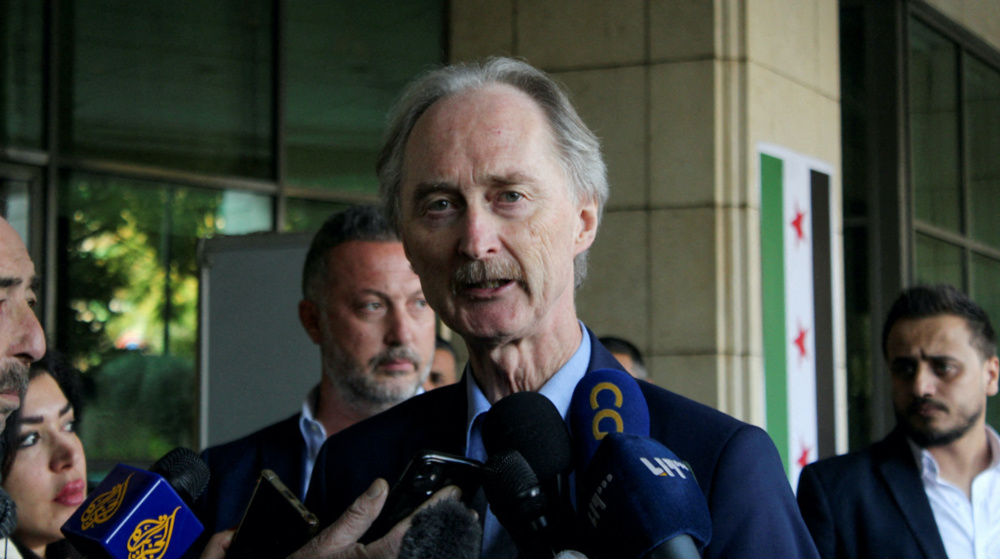
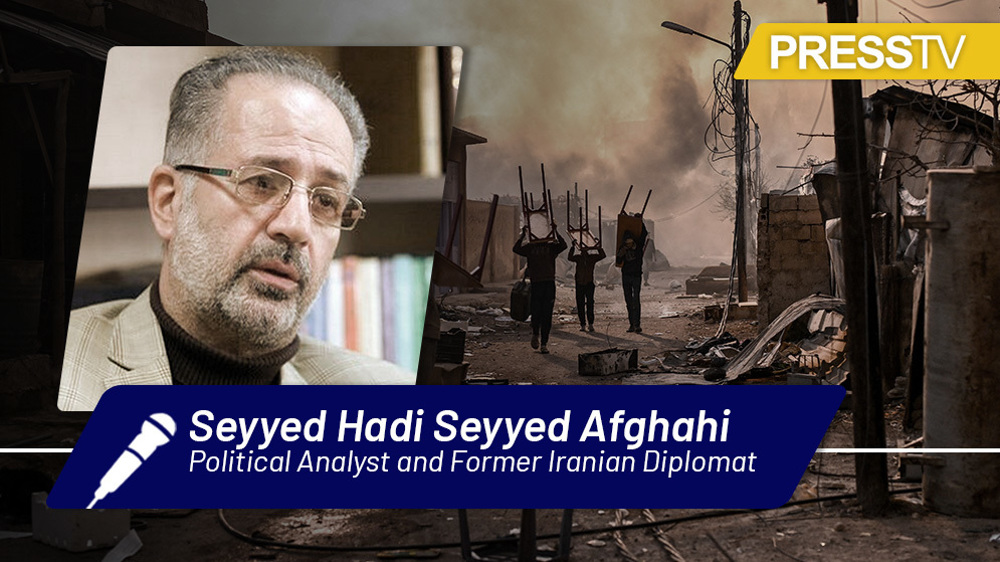



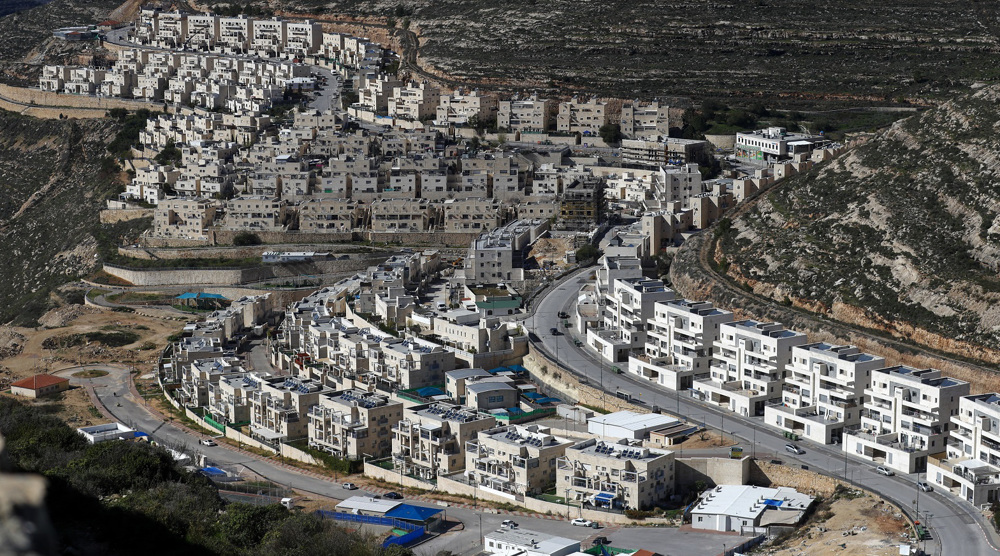

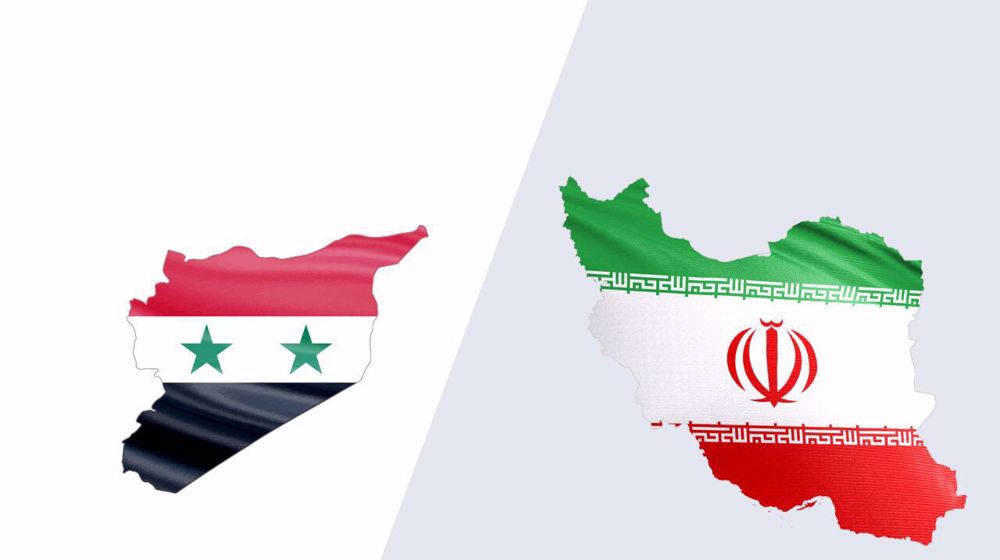
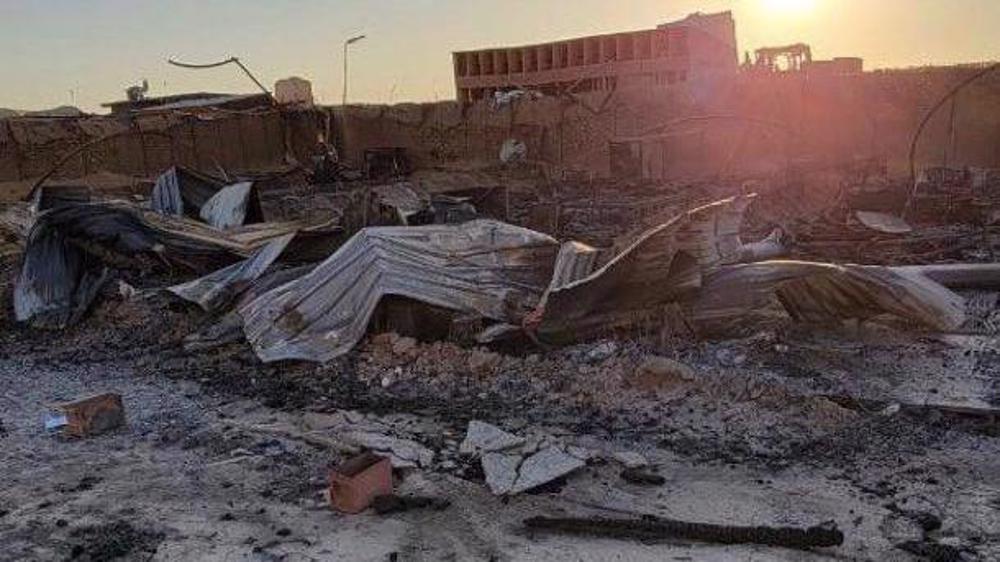
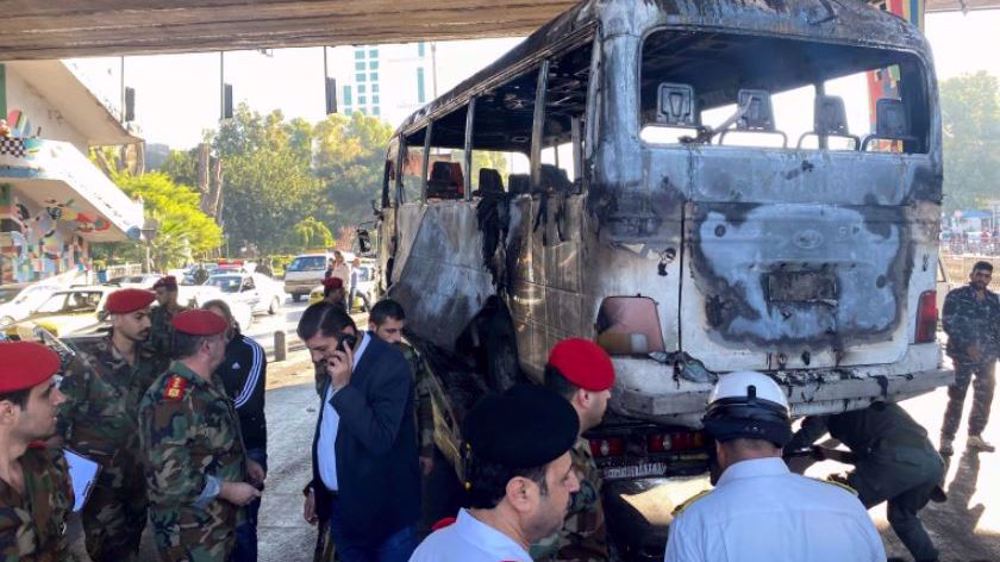
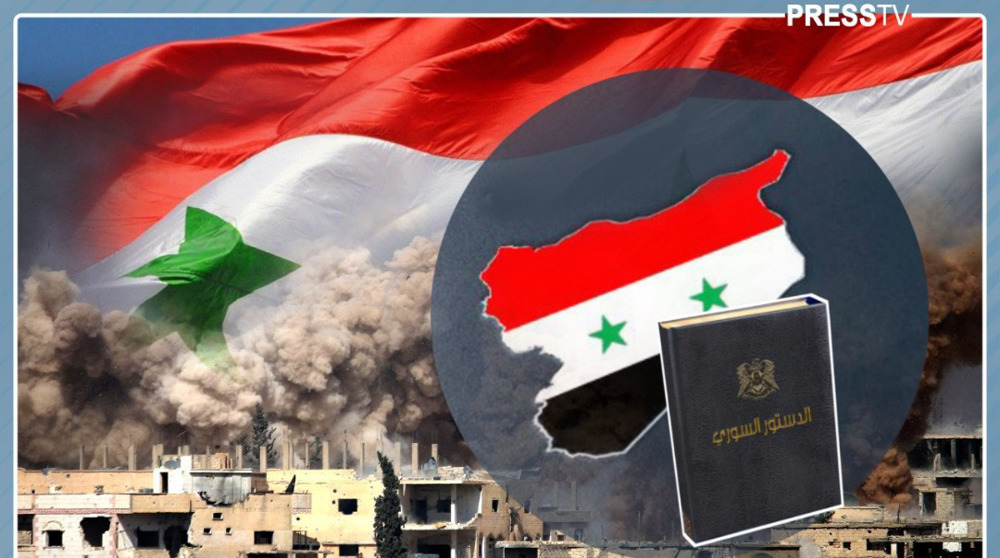
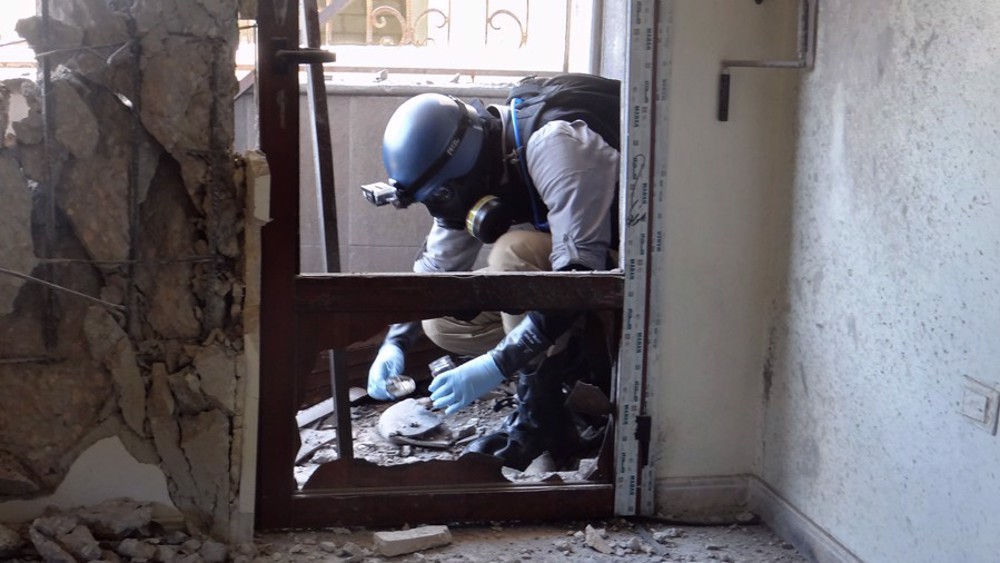
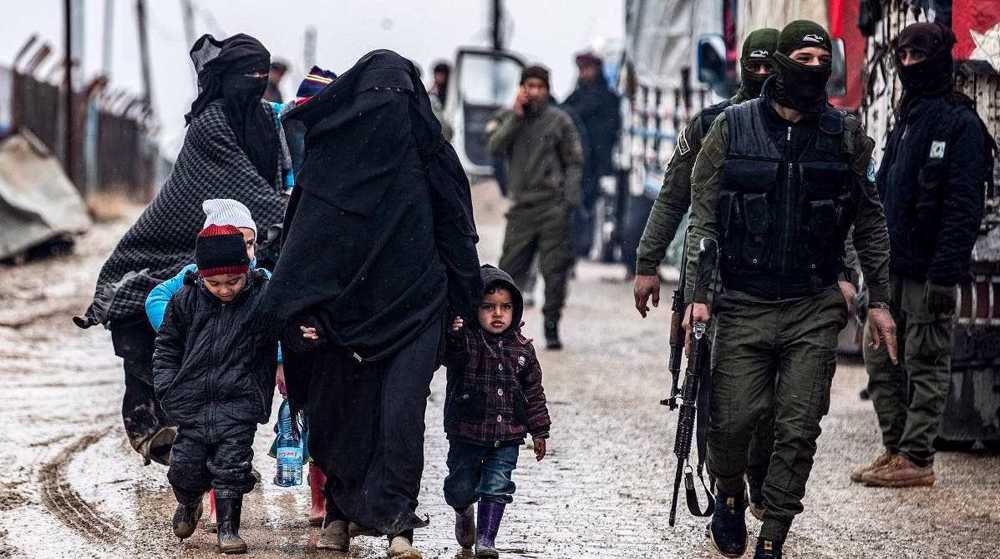

 This makes it easy to access the Press TV website
This makes it easy to access the Press TV website